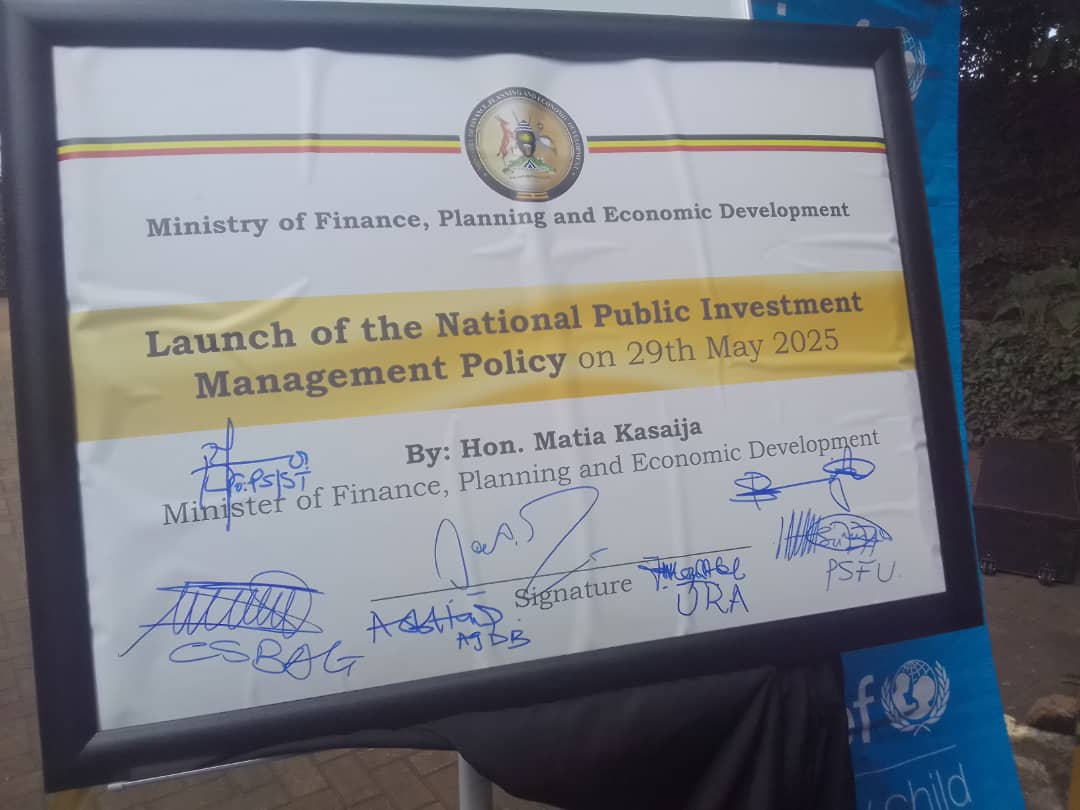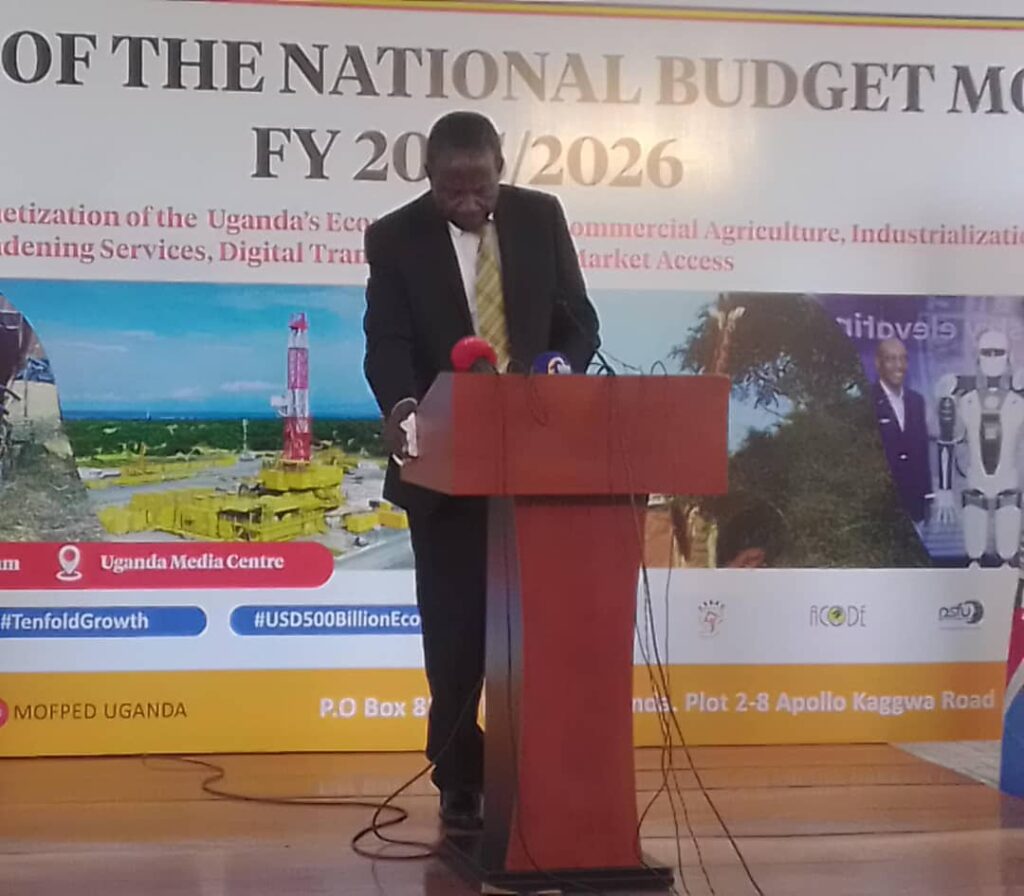
 Tiger FM
Tiger FM

 Tiger FM
Tiger FM
29 May 2025, 1:57 pm

By Ronald Ssemagonja
As the financial year 2024/2025 comes to an end in July, the Ministry of Finance, Planning and Economic Development, in collaboration with other key stakeholders, has launched the National Budget Month for the Financial Year (FY) 2025/2026 at the Uganda Media Centre in Kampala.
In his address, the Minister of Finance, Planning and Economic Development, Hon. Matia Kasaija, stated that the country is now transitioning into the implementation phase of the Fourth National Development Plan (NDP IV). “Our goal is to grow the size of Uganda’s economy from about USD 50 billion in FY 2022/23 to USD 500 billion in 15 years. This is a bold and ambitious target that will require better planning, wiser use of public funds, and greater efficiency in how we deliver services and infrastructure to the people,” he said.
Additionally, the Minister highlighted the launch of the Investment Management Policy, which is expected to help the Ministry utilise public resources more efficiently. He emphasised that the policy will ensure every shilling the government invests brings real benefits to the people in the form of more jobs, better services, and stronger economic growth. “This policy addresses key problems that have slowed down our progress in the past, such as poor planning, delays in project delivery, and underutilisation of completed projects. We all know that public investment in Uganda has not always achieved the desired impact,” Kasaija noted.
According to the Minister, several key challenges remain. These include delays in land acquisition, limited technical skills in many government agencies, projects taking too long or going over budget, and poor maintenance of public facilities after completion. “These problems reduce the value of our investments and delay the benefits to our people. They also make it harder to create jobs, reduce poverty, and grow the economy. Currently, about 39% of households are still stuck in the subsistence economy, meaning they produce mainly for survival, not for income. We must change this,” he explained.
Going forward, all government projects will be guided by the National Public Investment Management (NPIM) Policy and Development Committee (DC) guidelines. The government, according to the Ministry, is committed to ensuring that projects are completed on time, within budget, and as durable assets that continue to serve the population for years to come.
It should be remembered that since 1986, public investment has played a key role in Uganda’s transformation, especially in the areas of roads, electricity, railways, water, information and communication technology (ICT), and peacebuilding.
During the same launch, the Uganda Revenue Authority pledged to meet the government’s revenue collection targets.
The launch was held under the theme: “Full Monetisation of Uganda’s Economy through Commercial Agriculture, Industrialisation, Expanding Services, Digital Transformation, and Market Access.”